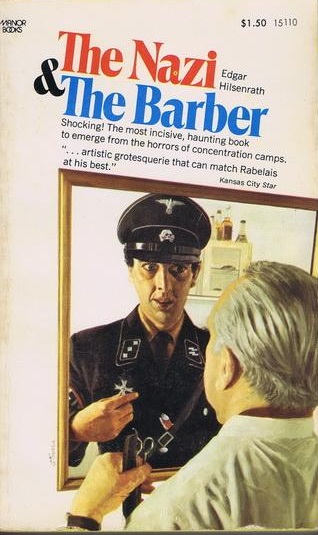George Steiner was a Franco-American literary critic and essayist.
His anti-pornography essay “Night Words” (1965) was the first of his writings which came to my attention in my capacity as pornosopher in the early 2000s.
Although I did not agree with them, his points were well-written and intellectually interesting.
Consider:
“My true quarrel with the Olympia Reader and the genre it embodies is not that so much of the stuff should be boring and abjectly written. It is that these books leave a man less free, less himself, than they found him; that they leave language poorer, less endowed with a capacity for fresh discrimination and excitement. It is not a new freedom that they bring, but a new servitude. In the name of human privacy, enough!”
But then again, he also found the pearls and showed an appreciation for Diderot, Crebillon fils, Verlaine, Swinburne and Apollinaire. Pornography as such is just not very interesting, it is only interesting where it intersects with other genres or with other domains of interest in meaningful ways. In that sense, it is very similar to other art forms.
I happened to read In Bluebeard’s Castle (1971) during last summer. I had discovered the work when researching the notion of Western guilt. The book features the much quoted dictum:
“And it is true also that the very posture of self-indictment, of remorse in which much of educated Western sensibility now finds itself is again a culturally specific phenomenon. What other races have turned in penitence to those whom they once enslaved, what other civilizations have morally indicted the brilliance of their own past? The reflex of self-scrutiny in the name of ethical absolutes is, once more, a characteristically Western, post-Voltairian act.”
The book was on David Bowie’s Top 100 Books .

